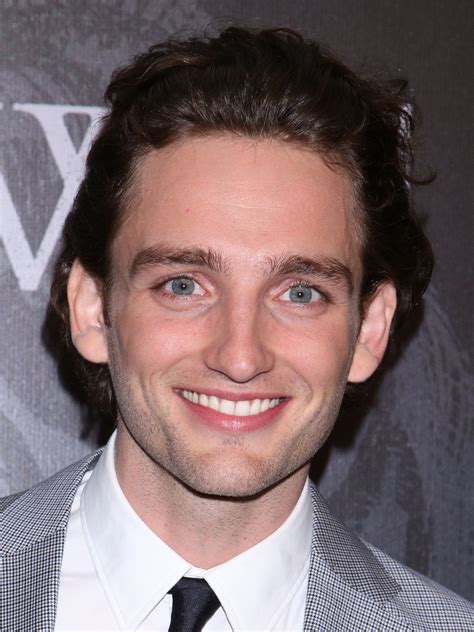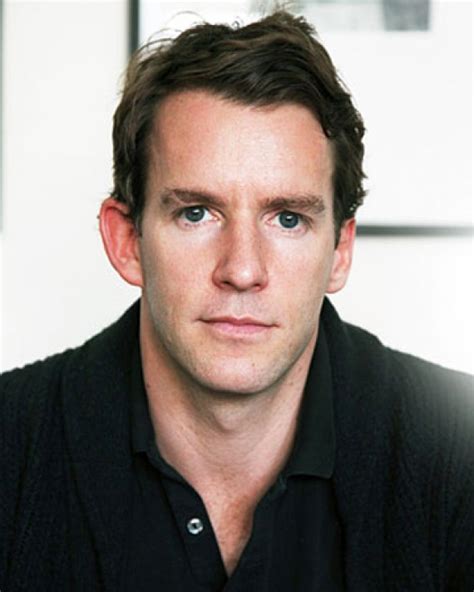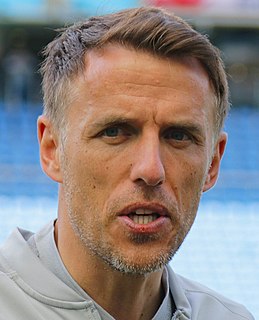A Quote by Laurie Davidson
Recovery challenges everything we 'knew to be true'.
Quote Topics
Related Quotes
My parents were perfectly open-minded about everything. They never tried to convince us of what was true or what wasn't true in their minds. We were just presented with the information that was around and pretty much allowed - though, I mean, we knew how they felt. We knew they didn't go to church. So obviously that had an effect.
Your worst parts of your life, the things that you're ashamed of will become your strongest assets in a very quick amount of time. And the implication in that is your story is all that you have so passing it on to someone else who is struggling behind you coming up the ladder helps them. And so in the spirit of service in recovery we often talk about the power of our own stories to connect with other people and show them that they too can get well. I have found that not only is that true in the recovery world, but it is true in the social world in the social milieu in which I exist.
One wants recovery to start from the bottom, and the other wants it to start from the top. I don't know which is right. I've never heard of anybody suggesting that they might start it in the middle, so I hereby make that suggestion. To start recovery halfway between the two, because it's the middle class that does everything anyhow. But I don't know anything about it.
The real story in housing will be a recovery in the economy that will drive a recovery in housing, When people are working, when there are more jobs, more households forming and people go back to buying cars, they're going to want their apartments and homes. And that's when you'll start to see a recovery in home prices.






































